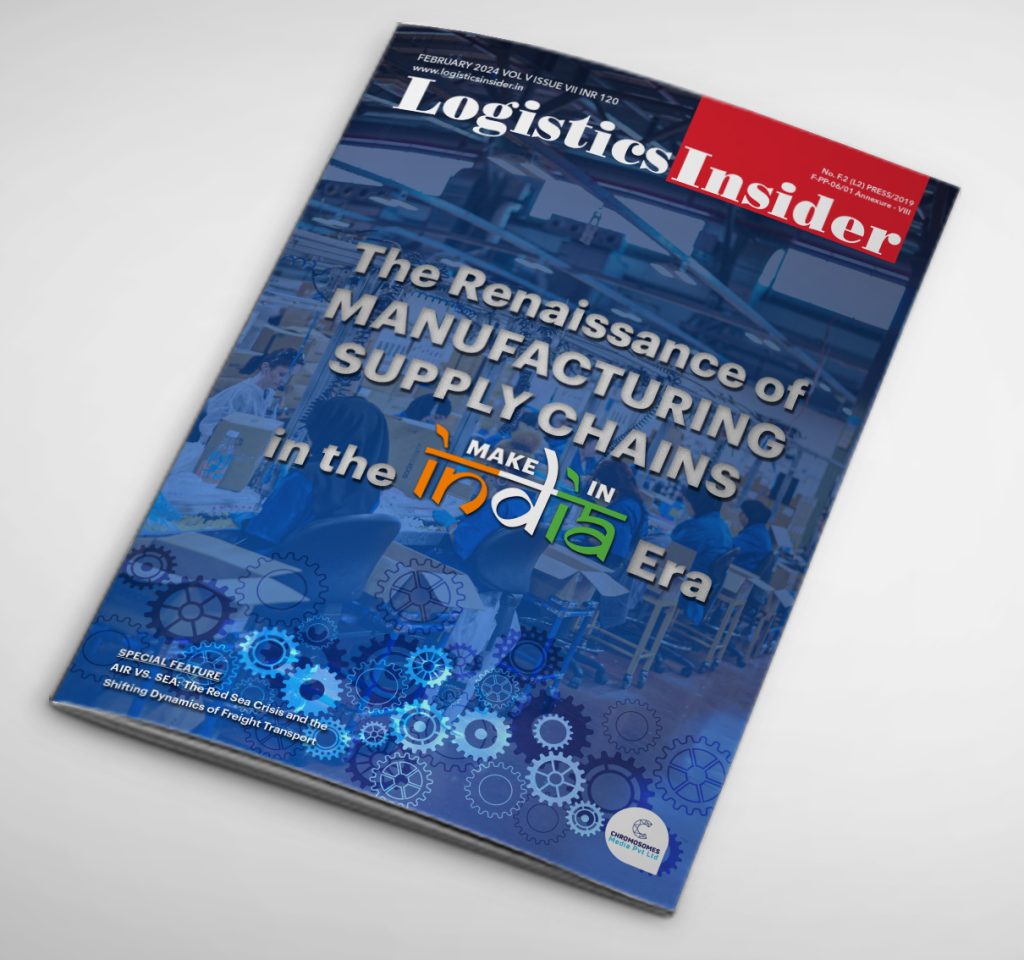Renewable Energy giants reliant on Chinese Suppliers: Report
February 8, 2024
The majority of beneficiaries under India’s Production-Linked Incentive (PLI) scheme have identified Chinese companies as key contributors to their supply chains, according to a Business Standard report. Leading players in the renewable energy sector, including Reliance New Energy Solar, Tata Power, ReNew Solar, Avaada Electro, and Waaree Energies, have listed Chinese vendors as significant suppliers.
In the initial tranche of the solar PLI, Indosol (Shridi Sai) revealed 94 vendors, with 65 of them being Chinese. Reliance New Energy listed all 20 of its foreign vendors as Chinese. However, Adani Mundra, the solar manufacturing division of the Adani Group, has not yet disclosed any supplier names to the government.
Tata Power Solar, winner of the second tranche of the PLI scheme, disclosed seven suppliers/supply chain partners, with four having Chinese origins, two from Germany, and one from Singapore. Waaree Energies, an established solar equipment manufacturer in India, identified all 17 supply chain partners for its PLI project as Chinese.
Several other firms, including VSL Solar, AMPIN Solar, and Grew Energy, reported having over 90% of their vendors from China. These companies submitted their lists to the Ministry of New and Renewable Energy to facilitate visas for foreign experts.
The Business Standard report highlighted the dependence of Indian players on China for factory equipment necessary to establish assembly lines. With India’s solar module manufacturing capacity in its early stages, the supply chain establishment is dominated by China.
The PLI scheme for solar aims to strengthen the domestic supply chain for solar power equipment and reduce reliance on imports. Approximately 70% of India’s solar power generation capacity relies on solar equipment made in China.
Introduced in 2021, the PLI schemes cover 14 sectors, including telecommunications, white goods, textiles, medical devices manufacturing, automobiles, speciality steel, food products, high-efficiency solar PV modules, advanced chemistry cell battery, drones, and pharmaceuticals, with an outlay of ₹1.97 lakh crore. These schemes seek to attract investments in key sectors, promote cutting-edge technology, ensure manufacturing sector efficiency, and enhance the global competitiveness of Indian companies.
A particular focus of the PLI scheme is on critical minerals, aiming to bring all stakeholders together on a common platform to foster knowledge exchange, share experiences and success stories, and contribute to the successful implementation of the PLI initiatives.

Logistics Insider Magazine: February issue 2024 (Digital issue)
Search
RECENT PRESS RELEASES
Related Post






